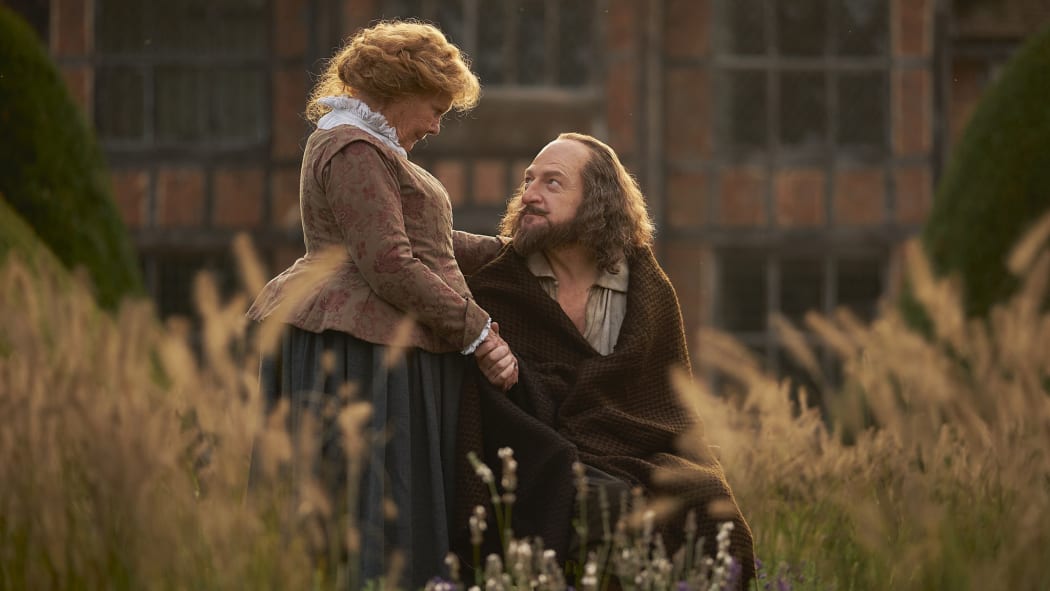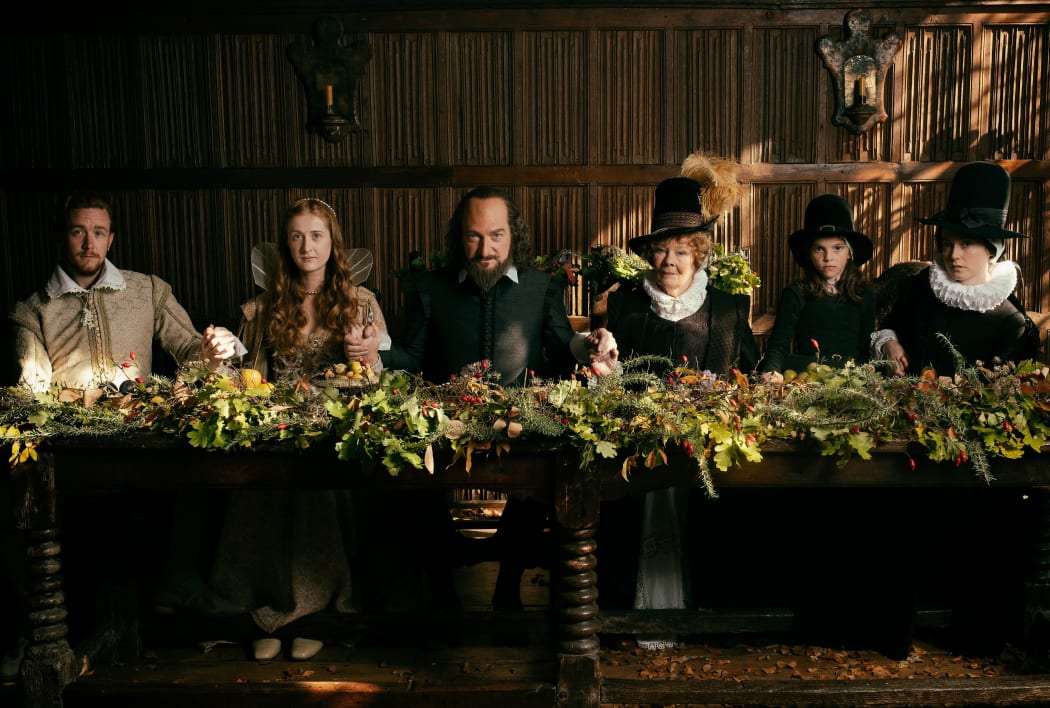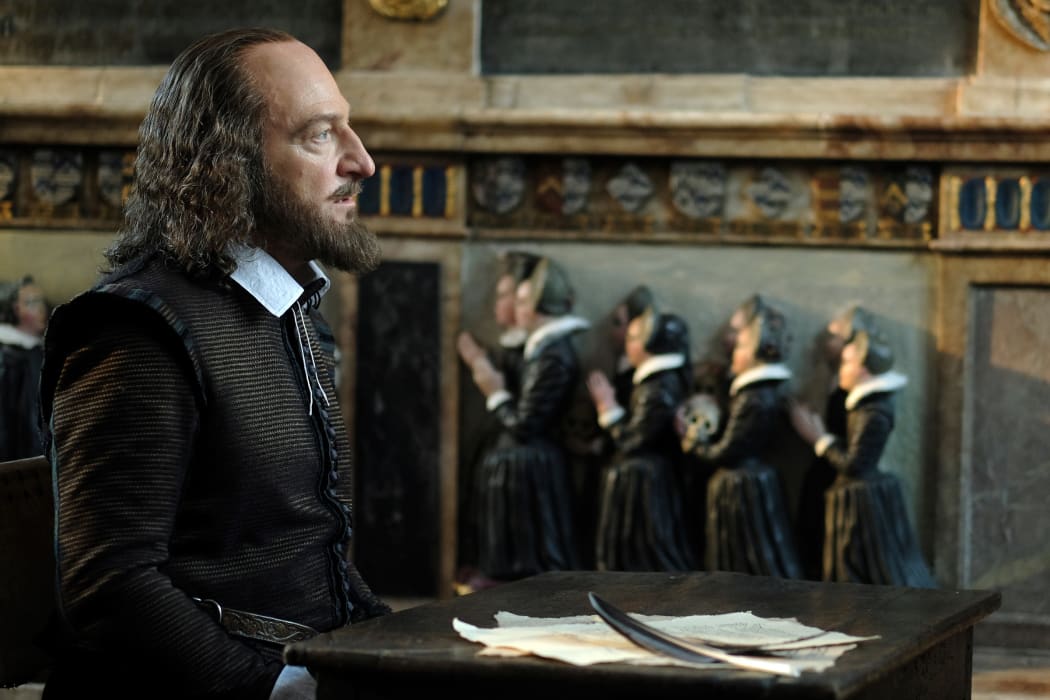Dan Slevin says that Kenneth Branagh’s portrayal of Shakespeare's autumn years, All Is True, certainly feels true.

Judi Dench as Anne Shakespeare and Kenneth Branagh as William Shakespeare in Branagh’s film All Is True. Photo: Rob@robyoungsonphotography.com
One of my earliest exposures to the works of Shakespeare was a trip to see The Merchant of Venice at the Royal Shakespeare Company’s theatre at the bard’s birthplace, Stratford-Upon-Avon. (The Merchant, incidentally, was played by Ian McDiarmid who would go on to worldwide fame as Emperor Palpatine in the Star Wars prequels.) While we waited for our evening show we got to wander around the town (Anne Hathaway’s cottage, etc.) and the exterior of the theatre where I passed the exciting young talent, Kenneth Branagh, having a smoke on the balcony of the Green Room, dressed in his Henry V costume. It must have been interval at the matinée.
So, Branagh and I go way back. His cinematic versions of Shakespeare’s plays – a version of that Henry V, Much Ado About Nothing and the epic four-hour 70mm uncut Hamlet – were always thrilling and accessible and he’s now devoted his acting and directing talent to the final years of the writer, a period shrouded in some mystery.

The wedding party celebrates the marriage of Shakespeare’s daughter Judith (Kathryn Wilder, second from left) to wine merchant Tom Quiney (Jack Colgrave Hirst, left). Photo: Sony Pictures Classics
In 1613, Shakespeare’s playhouse The Globe burned down during a performance of Henry VIII. He decided not to rebuild it but instead returned home to Stratford to retire with his family – wife Anne, daughters Judith (Kathryn Wilder) and Susanna (Lydia Wilson), and the shadow of Judith’s dead twin brother Hamnet who died aged only 11.
The idea that “the greatest writer there ever was or will be” could walk away from his vocation so easily is a source of consternation to everyone except Shakespeare himself. A visit from the Earl of Southampton (Ian McKellen), who some speculate may have been something of a muse for Shakespeare in his younger years, results in one of the most delightful scenes in this year’s cinema. Two great Shakespearian actors, given some juicy and intelligent dialogue by screenwriter Ben Elton (with a bit of actual Shakespeare thrown in), stretch out languorously and it is very easy for an audience to similarly relax in their presence.
The acting – and Branagh’s contribution to those performances as director – is the number one reason to see this picture (closely followed by Elton’s screenplay and Zac Nicholson’s magic hour cinematography). Judi Dench is especially wonderful as Shakespeare’s long-suffering – and ironically illiterate – wife Anne.

Photo: Sony Pictures Classics
Branagh (in a wig that doesn’t always hide its origins and a false nose that makes him look the spitting image of Ben Kingsley) is terrific. As the film unfolds, we get a few more clues as to why this great artist would walk away to finally enjoy the spoils of all that hard work. Grief over the loss of a son – sons being extremely important in those days – and a desire to defend the family’s position in what we might now call the upper-middle class all contribute.
It’s speculative fiction, for sure, but like Shakespeare’s plays, it all feels true.
All Is True is rated M for offensive language and sexual references and is playing in select cinemas all over New Zealand. Simon Morris interviewed the director and star, Kenneth Branagh, for At the Movies on 8 May 2019.

